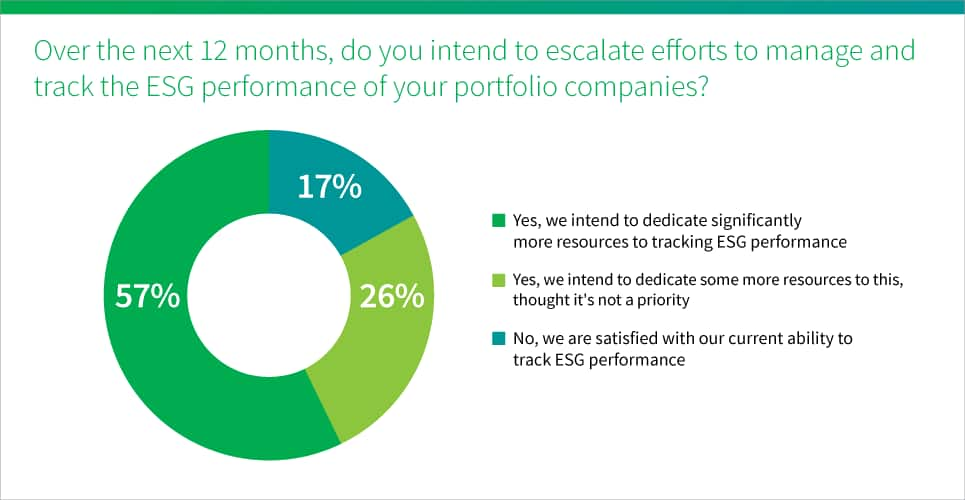ESG Private Equity Investing in a Better Future
What is ESG Private Equity?
ESG, standing for Environmental, Social, and Governance, is rapidly transforming the investment landscape. In the context of private equity, ESG investing means prioritizing companies that demonstrate strong performance across these three key areas. This isn’t just about doing good; it’s about identifying opportunities for superior risk-adjusted returns. Companies with robust ESG profiles often exhibit better operational efficiency, stronger employee engagement, and improved risk management, all of which can translate into higher profitability and long-term value creation. Integrating ESG factors into the due diligence process helps private equity firms make more informed investment decisions and mitigate potential risks associated with environmental damage, social unrest, or poor governance.
Environmental Considerations: A Focus on Sustainability
The environmental pillar of ESG focuses on a company’s impact on the planet. This encompasses various aspects, including carbon emissions, waste management, resource consumption, and biodiversity. Private equity firms are increasingly scrutinizing a target company’s environmental footprint, seeking opportunities to invest in businesses that are developing sustainable solutions or actively reducing their environmental impact. This might involve investing in renewable energy companies, supporting businesses committed to circular economy principles, or encouraging portfolio companies to adopt more energy-efficient practices. The growing awareness of climate change is driving a significant shift towards environmentally responsible investments, pushing private equity to embrace green technologies and sustainable business models.

Social Impact: Prioritizing People and Communities
The social aspect of ESG considers a company’s relationships with its employees, customers, suppliers, and the wider community. This includes factors like fair labor practices, diversity and inclusion initiatives, community engagement, and product safety. Private equity firms are increasingly looking beyond financial metrics, assessing a company’s commitment to its workforce and its positive contribution to society. Investing in companies with strong social practices can lead to improved employee morale, enhanced brand reputation, and reduced reputational risks. Moreover, supporting businesses that prioritize social responsibility aligns with the growing consumer demand for ethical and sustainable products and services.
Governance Matters: Ensuring Transparency and Accountability
Good governance is crucial for sustainable long-term value creation. This aspect of ESG focuses on a company’s leadership structure, board composition, risk management practices, and ethical standards. Private equity firms are increasingly demanding greater transparency and accountability from their portfolio companies. This includes scrutinizing corporate governance structures, assessing the independence and effectiveness of boards of directors, and evaluating the robustness of risk management frameworks. Strong governance practices help to minimize the risk of scandals, regulatory penalties, and reputational damage, ultimately contributing to more stable and profitable businesses.
The Financial Benefits of ESG Integration
While the ethical considerations are paramount, ESG integration also offers compelling financial advantages. Studies have shown a positive correlation between strong ESG performance and financial returns. Companies with robust ESG profiles often exhibit lower costs of capital, improved operational efficiency, and reduced risk exposure. Furthermore, investors are increasingly factoring ESG criteria into their investment decisions, leading to higher valuations for companies with strong ESG performance. Private equity firms that embrace ESG principles can attract a wider pool of investors, including those with specific ESG mandates, and command higher valuations for their portfolio companies.
Challenges and Opportunities in ESG Private Equity
Despite the growing interest in ESG private equity, several challenges remain. One key challenge is the lack of standardized ESG metrics and reporting frameworks, making it difficult to compare the ESG performance of different companies. Another challenge is the need for more robust data collection and verification processes to ensure the accuracy and reliability of ESG information. However, these challenges also present significant opportunities. The development of more standardized metrics and improved data transparency will facilitate greater comparability and allow for more effective investment decisions. The growing demand for ESG data also presents opportunities for technology companies and data providers to develop innovative solutions to meet this need. Furthermore, the increasing focus on ESG creates significant opportunities for private equity firms to identify and invest in companies that are leading the charge towards a more sustainable and equitable future.
Beyond Compliance: Driving Positive Change
ESG investing is not simply about ticking boxes and meeting regulatory requirements; it’s about actively driving positive change. Private equity firms have the resources and influence to encourage portfolio companies to adopt more sustainable practices, improve their social impact, and strengthen their governance frameworks. This active engagement goes beyond compliance and seeks to create a meaningful and lasting impact. Through strategic partnerships, proactive engagement, and targeted investments, private equity firms can play a pivotal role in building a more sustainable and equitable future. By integrating ESG considerations into every stage of the investment process, from sourcing to exit, private equity firms can generate superior financial returns while making a tangible contribution to a better world. Please click here for information about ESG investing in private equity.
